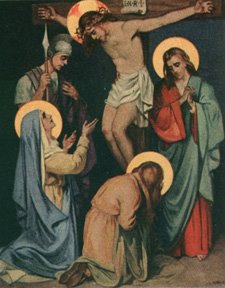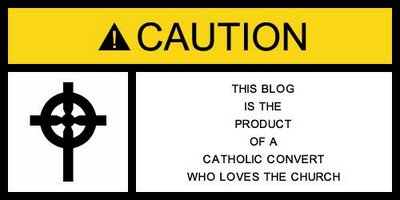Picking up some things on the way to work yesterday, I overheard the guy checking my groceries talking to another checker about making sure they had Easter Sunday off. Then they were comparing times for their respective churches' sunrise services.
Memories of a chilly, windy, gray, wet outdoor Easter morning at 6 a.m. filled my head as I suddenly thought of attending an Easter service with my best friend from high school who attended the Church of the Nazarene. I asked the checker if his service was outside or inside.
That's all it took. We were off on a whirlwind conversation that covered why Easter is timed when it is, how many people only come to Easter and Christmas services, how hard it is to get up for a sunrise service ("You know you're a soldier when you're doing that," he said). It ended with a surprisingly personal moment of sharing as he reflectively said, "You know, I like to go somewhere by myself on Easter. I think about Jesus and what he did for us. I mean, I know he came to do it but ... still. Think of it. If it wasn't for him, none of us would be here. There'd be no Christians at all. No salvation."
We both were silent for a second. Then he handed me my driver's license and returned to his usual brisk manner. I turned away to see the bag boy grinning at both of us ... a couple of softies talking about Jesus at the grocery store.
That's ok. I'm used to it. Somehow I get caught up in those sorts of conversations fairly regularly. I like it. I like knowing so many people love their Savior and their faith and aren't afraid to talk about it with someone they don't know. Jesus is what connects us, makes us one.
Body of Christ ... it pops up all over the place. Even at the grocery store.




